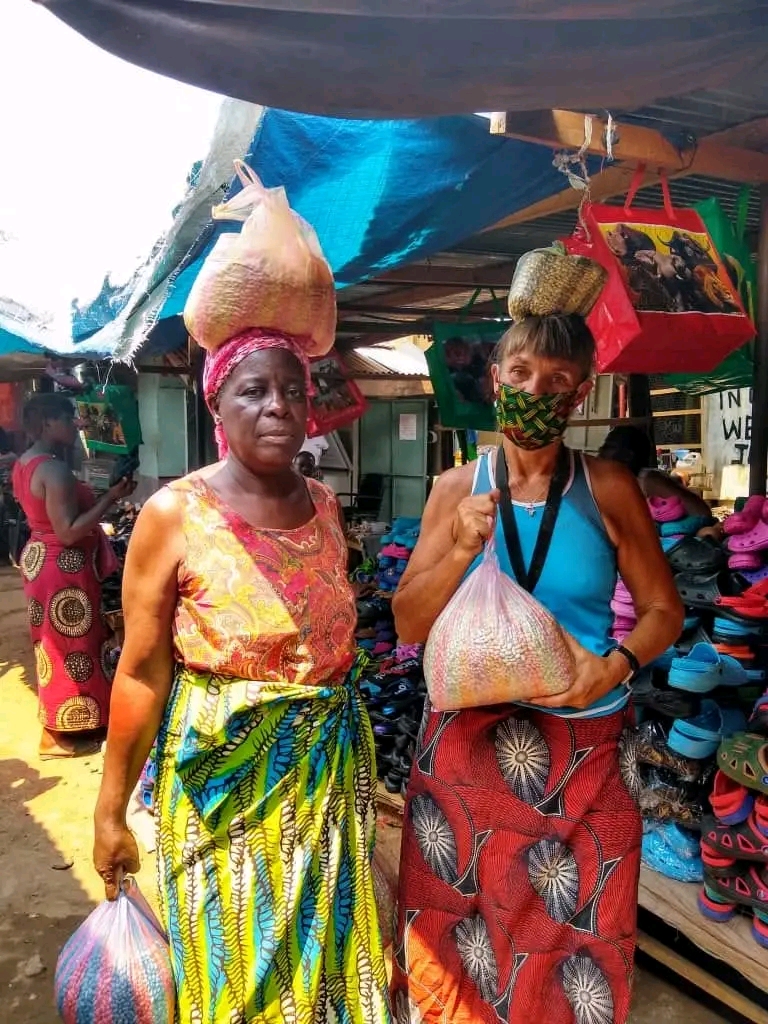
Zambia Facts
Zambia is a landlocked southern African nation of 13.8 million people, slightly larger than the state of Texas and bordered by eight countries. It is home to Victoria Falls, the largest waterfall in the world, fed by the Zambezi River. The name Zambia is taken from the Zambezi River, which flows through the western region and may mean “God’s river.” It’s a beautiful land with many challenges.
Economy
- With a per capita income of $395/year, Zambia is a Dollar-a-Day economy
- 70% to 80% of the population lives below the poverty line. Zambia ranks among the world’s poorest nations in the entire world.
- Only about 10% of the population has full-time work.
- 30% are self-employed, mostly living hand-to-mouth.
- 50% of the 5 million people who can be employed do not have a job of any kind.
AIDS
- 16.5% of the population is living with HIV/AIDS.
- 45,000 Zambians die each year from AIDS.
- AIDS will orphan 20% of Zambia’s children by 2015.
- Approximately 90,000 children suffer with AIDS.
- The lack of quality medical education has fostered steady growth of HIV/AIDS
Health
- Nearly one in five children dies before the age of five.
- Life expectancy in Zambia is around 55 years on average. (WHO)
- There is a very high risk of infectious diseases, including malaria, rabies, diarrhea, hepatitis A, and typhoid.
- Less than half of those in rural areas have access the basic needs of clean drinking water and proper waste disposal and sanitation.
Substance Abuse
- A high percentage of Zambians are dependent on alcohol, especially in the villages.
- Zambians typically consume a home brew, made primarily from sorghum and maize, with a very high alcohol content that is extremely hard on the body, liver and organs.
- Substance abuse contributes significantly to sexual abuse and the spread of AIDS.
Domestic Violence
- Researchers believe that over half of Zambian women suffer violence at the hands of their husbands. It’s difficult to know the exact figure, since women rarely report this abuse.
- About 80% of Zambian wives find it acceptable to be beaten by their husbands "as a form of chastisement."
- Women have lesser property rights than men, and the fear of losing homes, land and other property usually keeps women in abusive marriages.